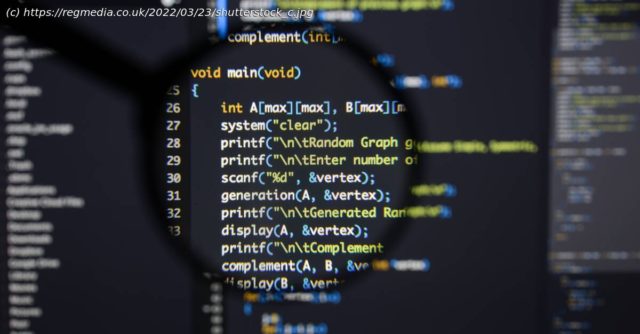Fine-print crucially deemed contractual agreement as well as copyright license in smartTV source-code case
The Software Freedom Conservancy (SFC) has won a significant legal victory in its ongoing effort to force Vizio to publish the source code of its SmartCast TV software, which is said to contain GPLv2 and LGPLv2.1 copyleft-licensed components. SFC sued Vizio, claiming it was in breach of contract by failing to obey the terms of the GPLv2 and LGPLv2.1 licenses that require source code to be made public when certain conditions are met, and sought declaratory relief on behalf of Vizio TV owners. SFC wanted its breach-of-contract arguments to be heard by the Orange County Superior Court in California, though Vizio kicked the matter up to the district court level in central California where it hoped to avoid the contract issue and defend its corner using just federal copyright law. On Friday, Federal District Judge Josephine Staton sided with SFC and granted its motion to send its lawsuit back to superior court. To do so, Judge Staton had to decide whether or not the federal Copyright Act preempted the SFC’s breach-of-contract allegations; in the end, she decided it didn’t.
« Vizio ‘removed’ the case to federal court by claiming that the GPL operates as only a copyright license, and never as a contract », said Bradley Kuhn, policy fellow at the Software Freedom Conservancy, in an email to The Register. « We have countered that it operates as both, and that the source code provision specifically gives third parties (ie, downstream users) a contractual right to demand complete, corresponding source code (as defined in the GPL). »
Were the GPL interpreted to be only a copyright license, the SFC would have appealed, according to Kuhn, because its complaint asserts only contractual claims and not a copyright claim. Judge Staton agreed with the SFC’s arguments, finding that the GPL functions both as a copyright license and as a contract. Citing Versata Software, Inc. v. Ameriprise Fin (2014), which recognized the GPL imposes an « extra element » – a contractual obligation – beyond what’s required by copyright law, the judge in her order [PDF] wrote, « There is an extra element to SFC’s claims because SFC is asserting, as a third-party beneficiary of the GPL Agreements, that it is entitled to receive source code under the terms of those agreements.






